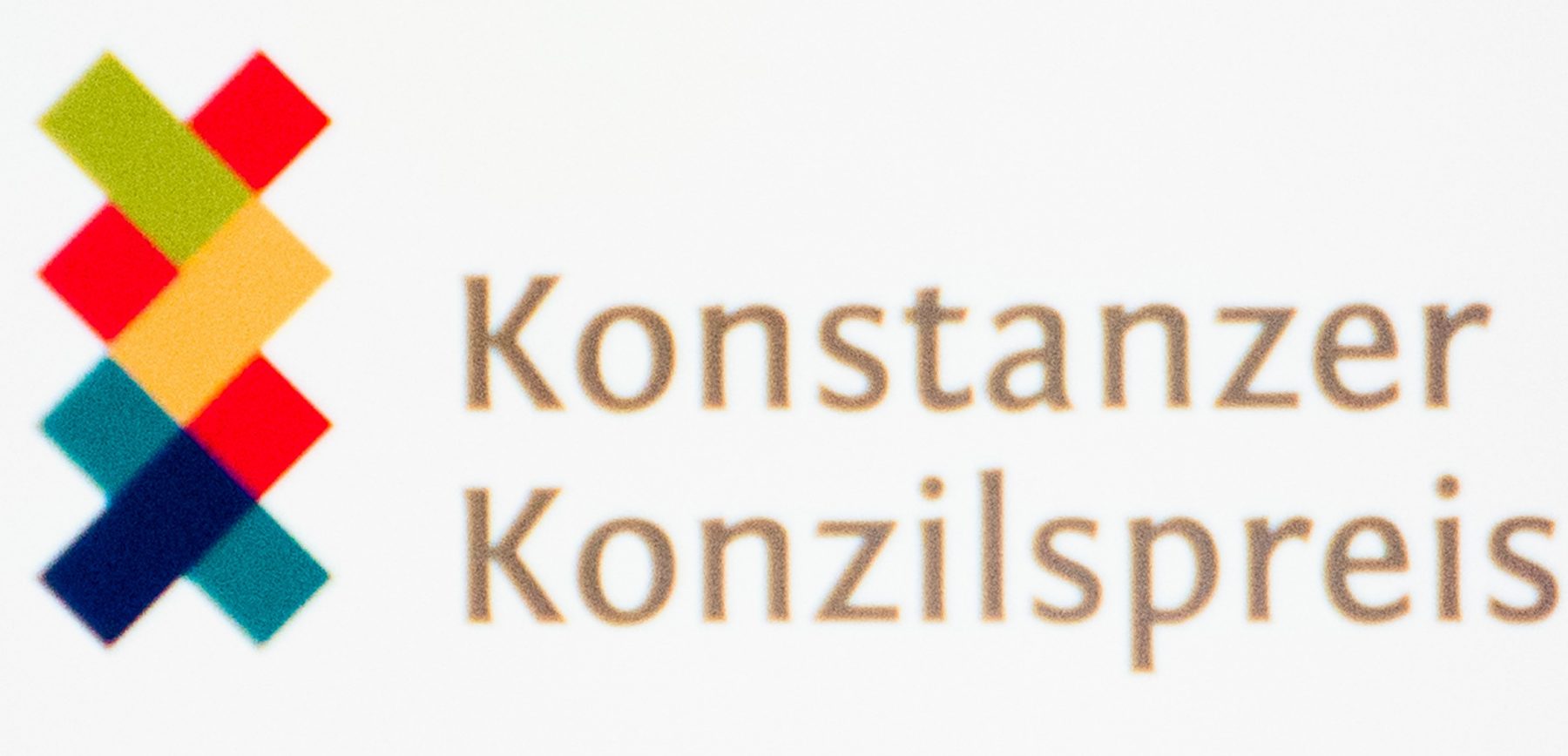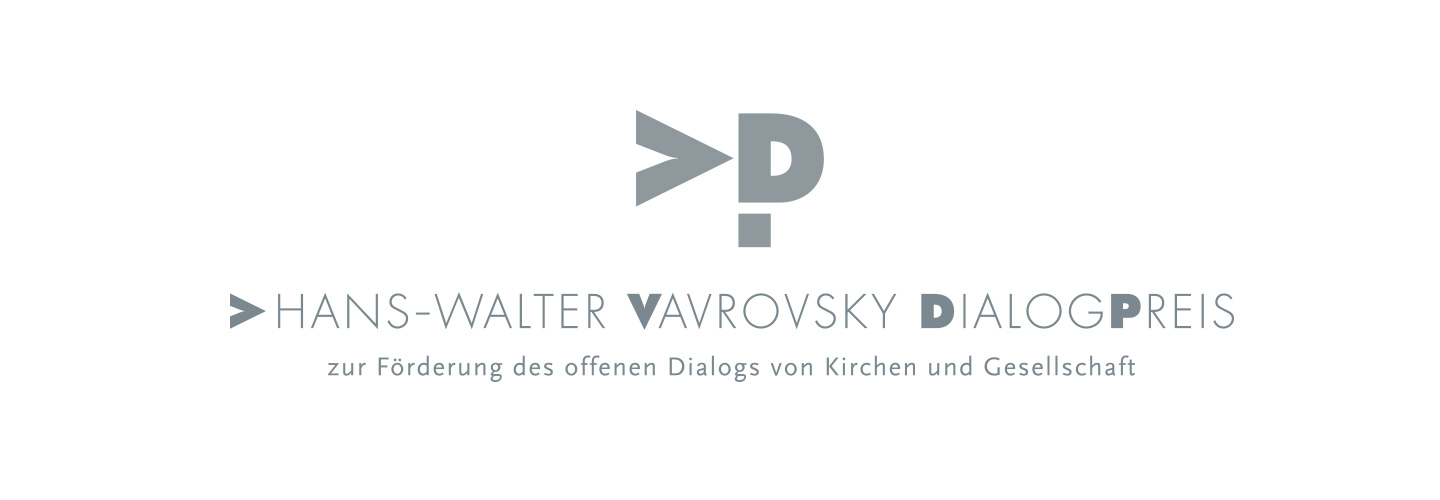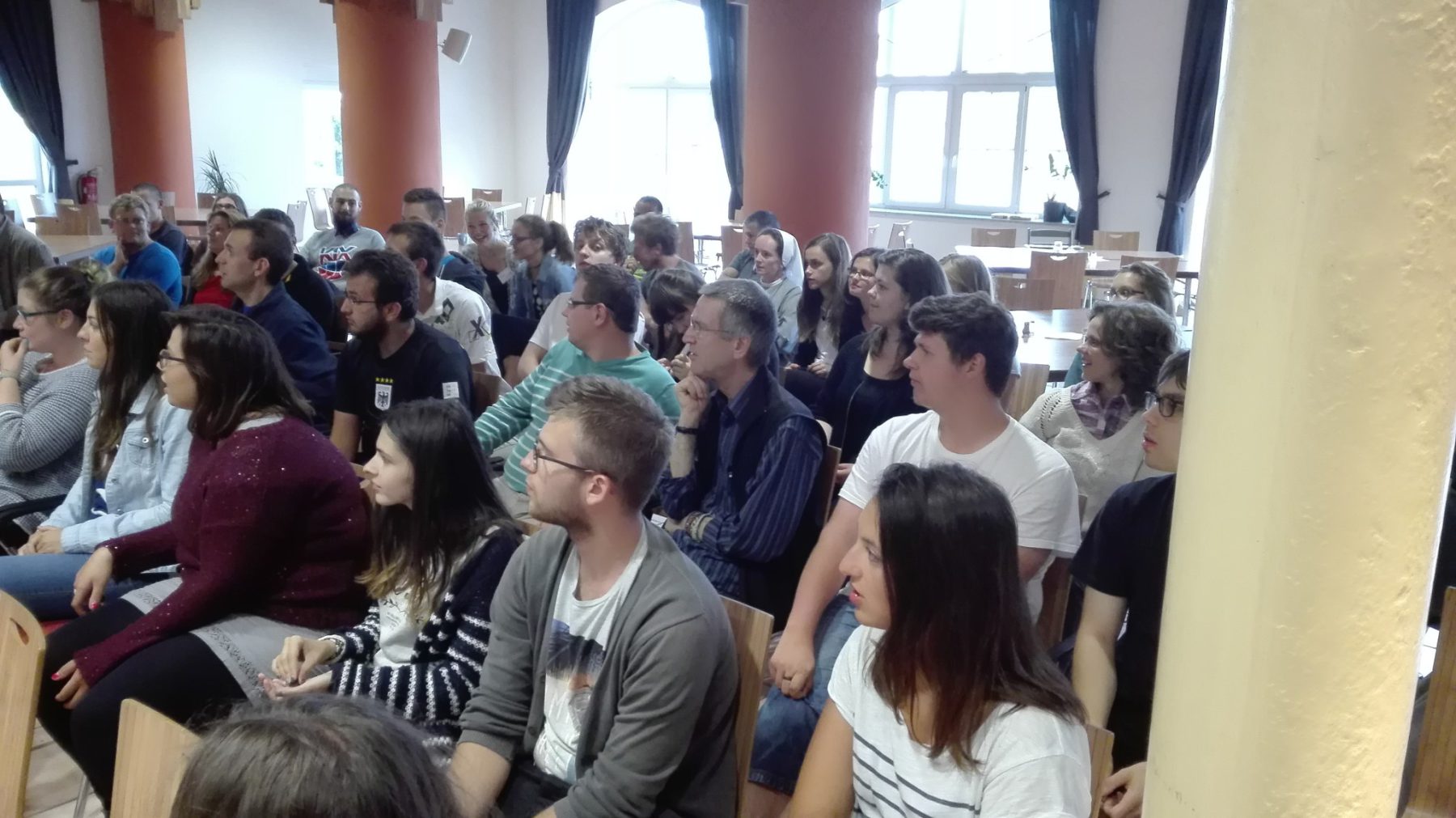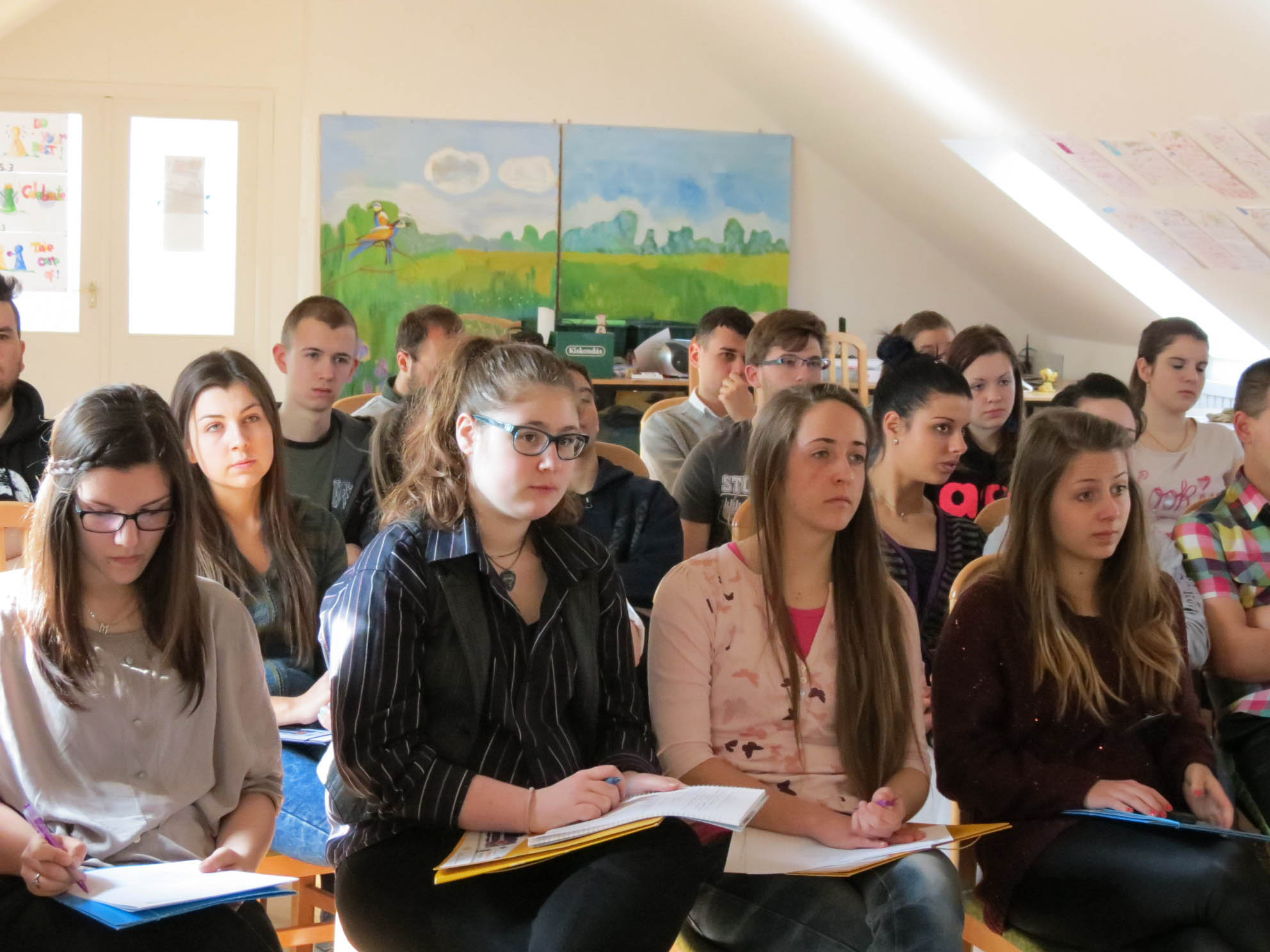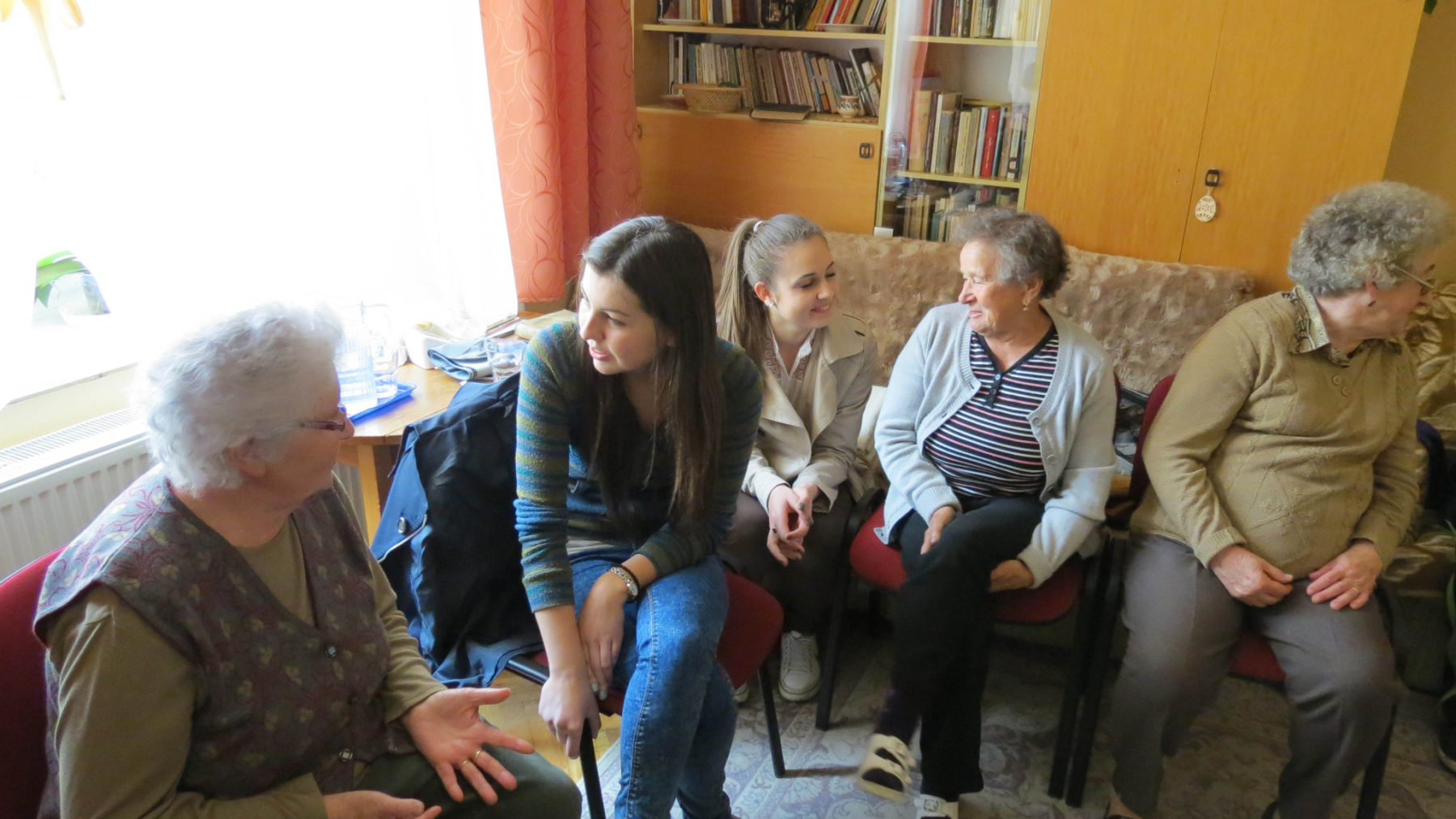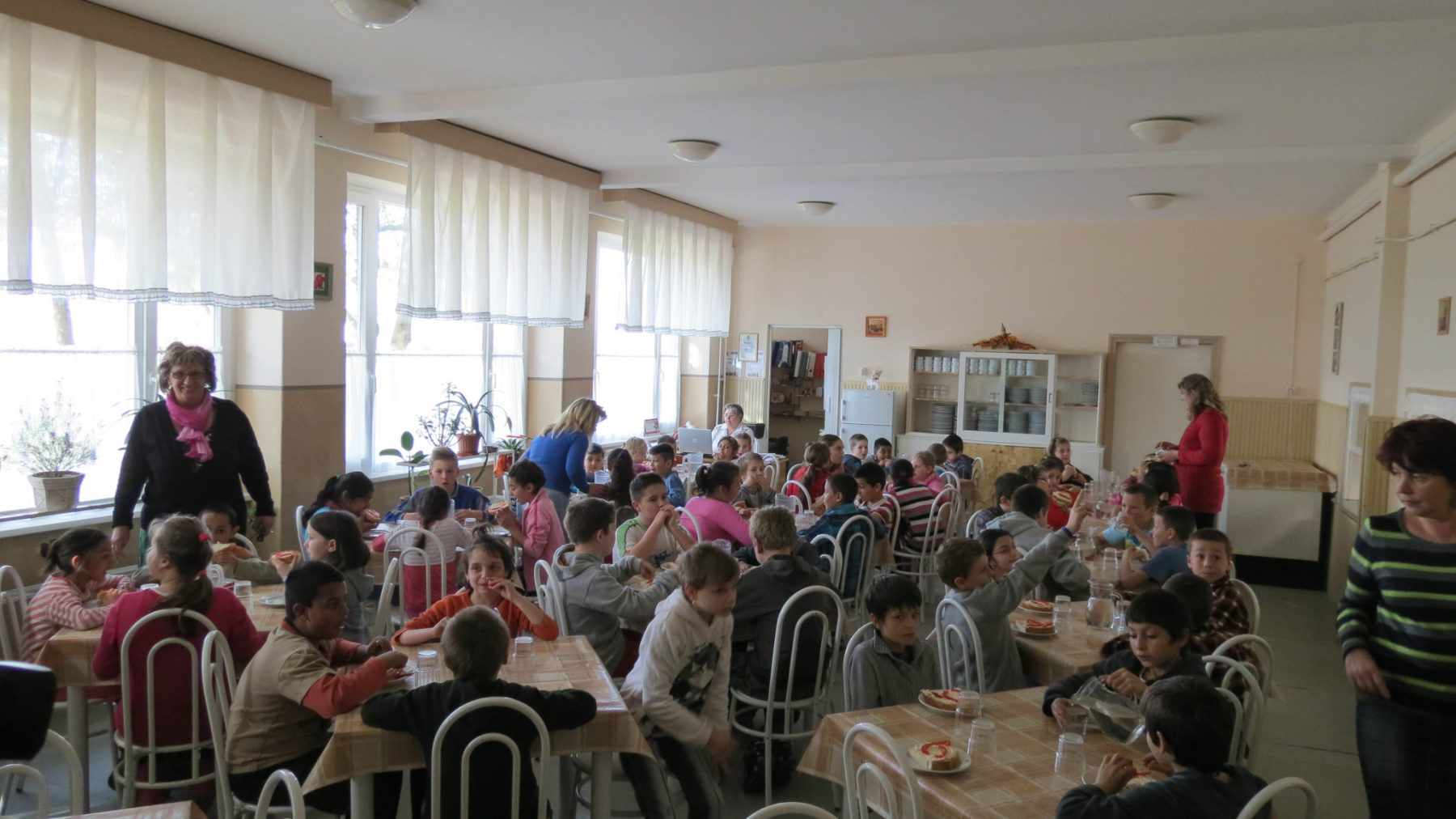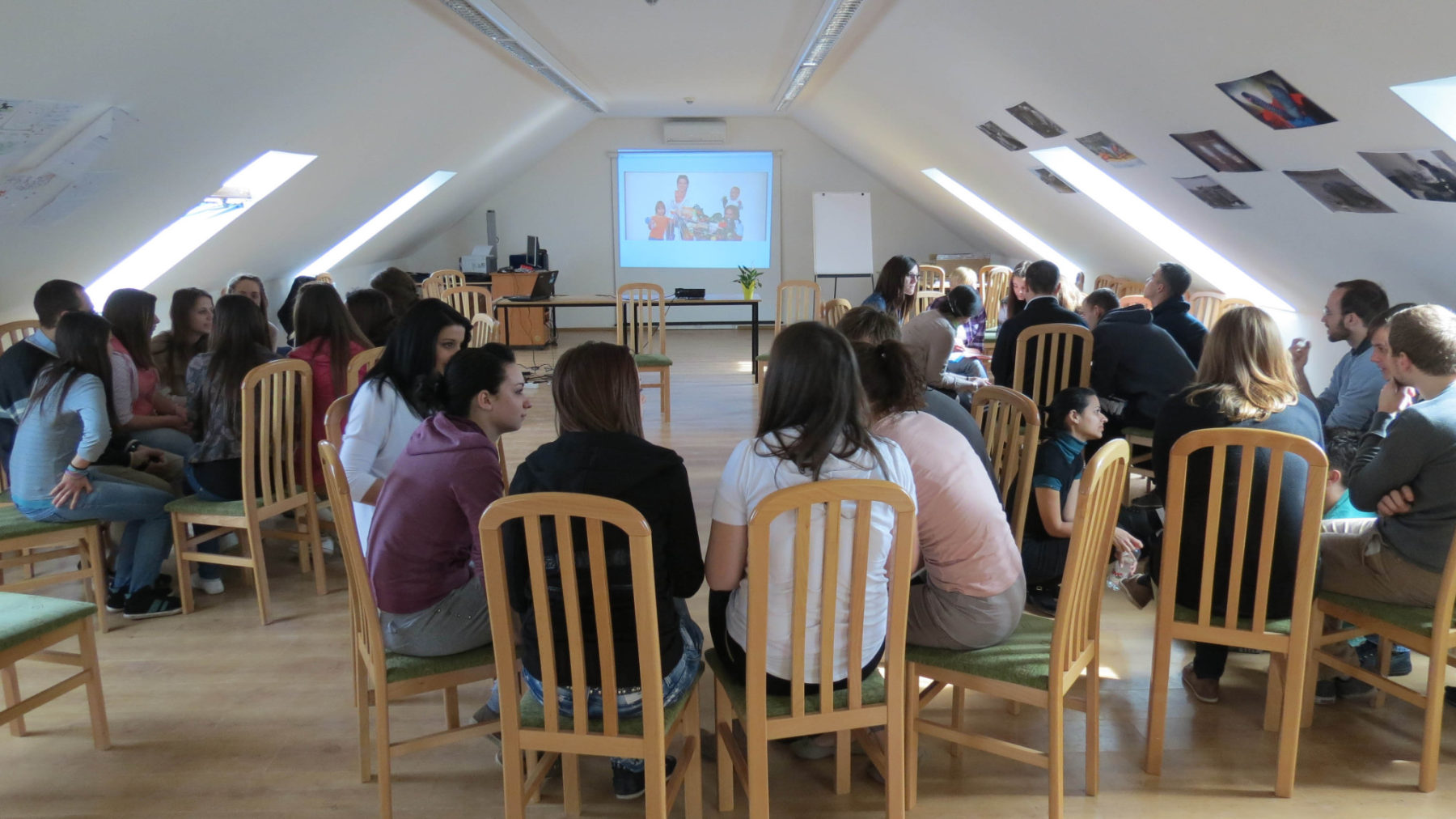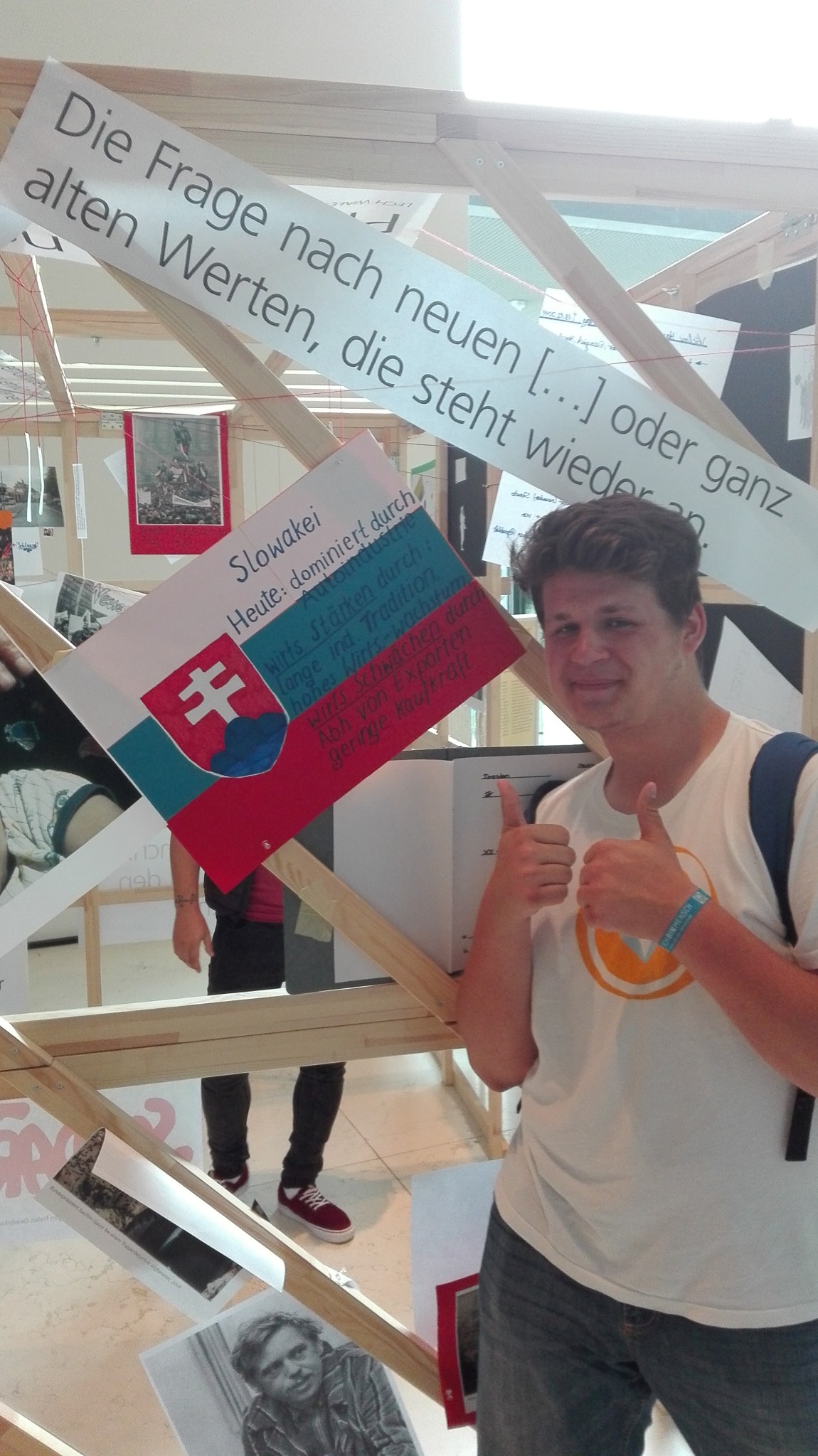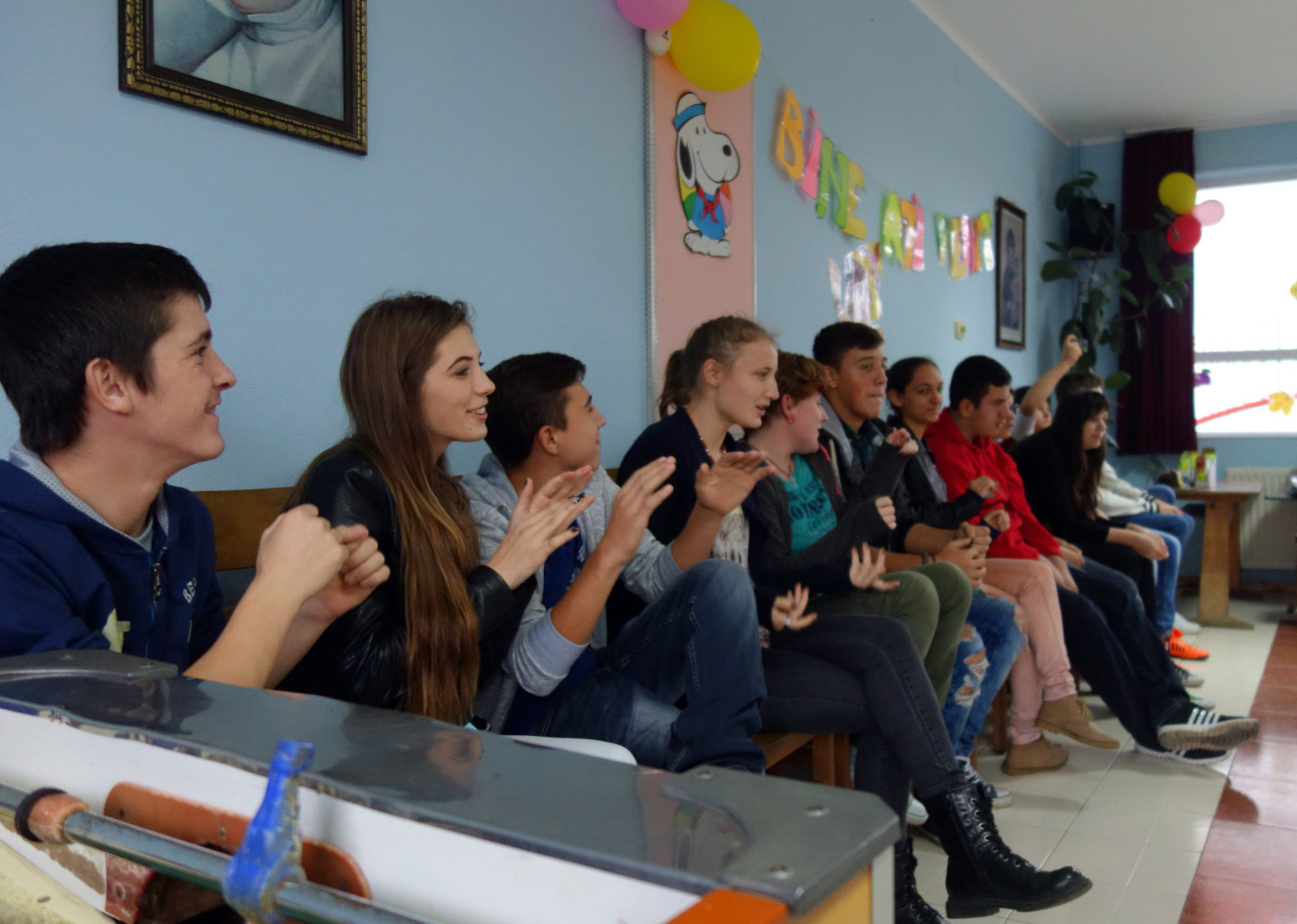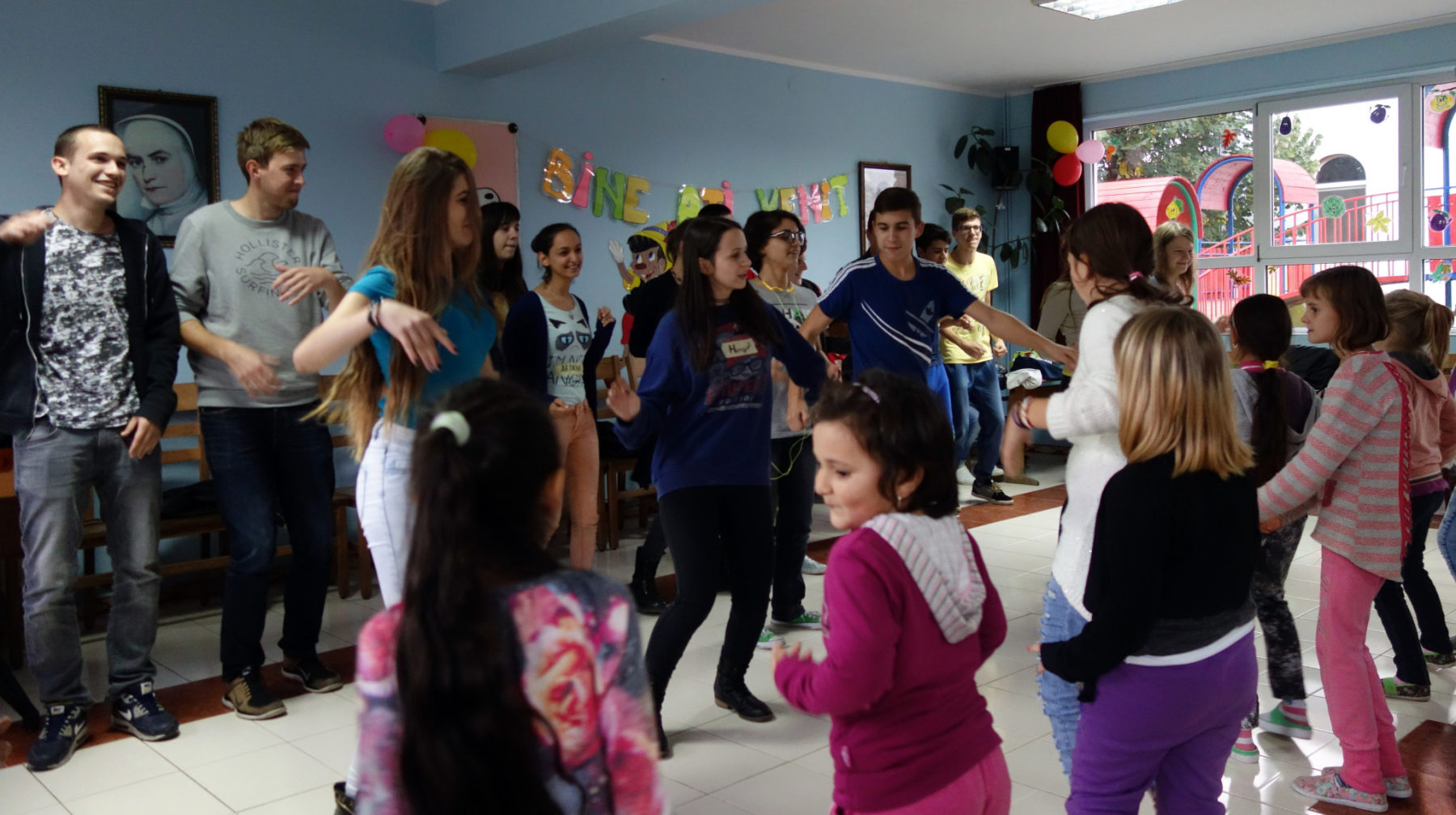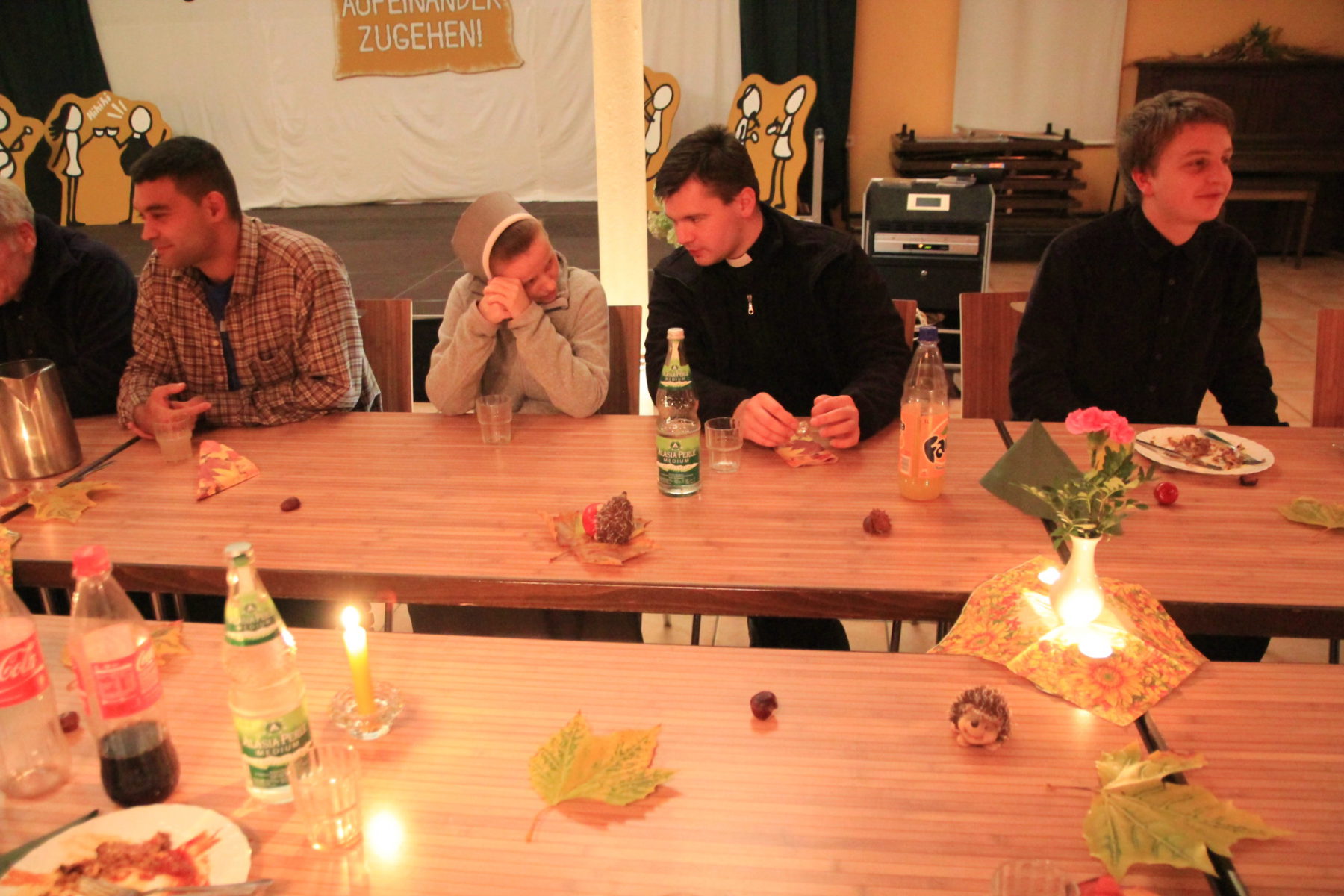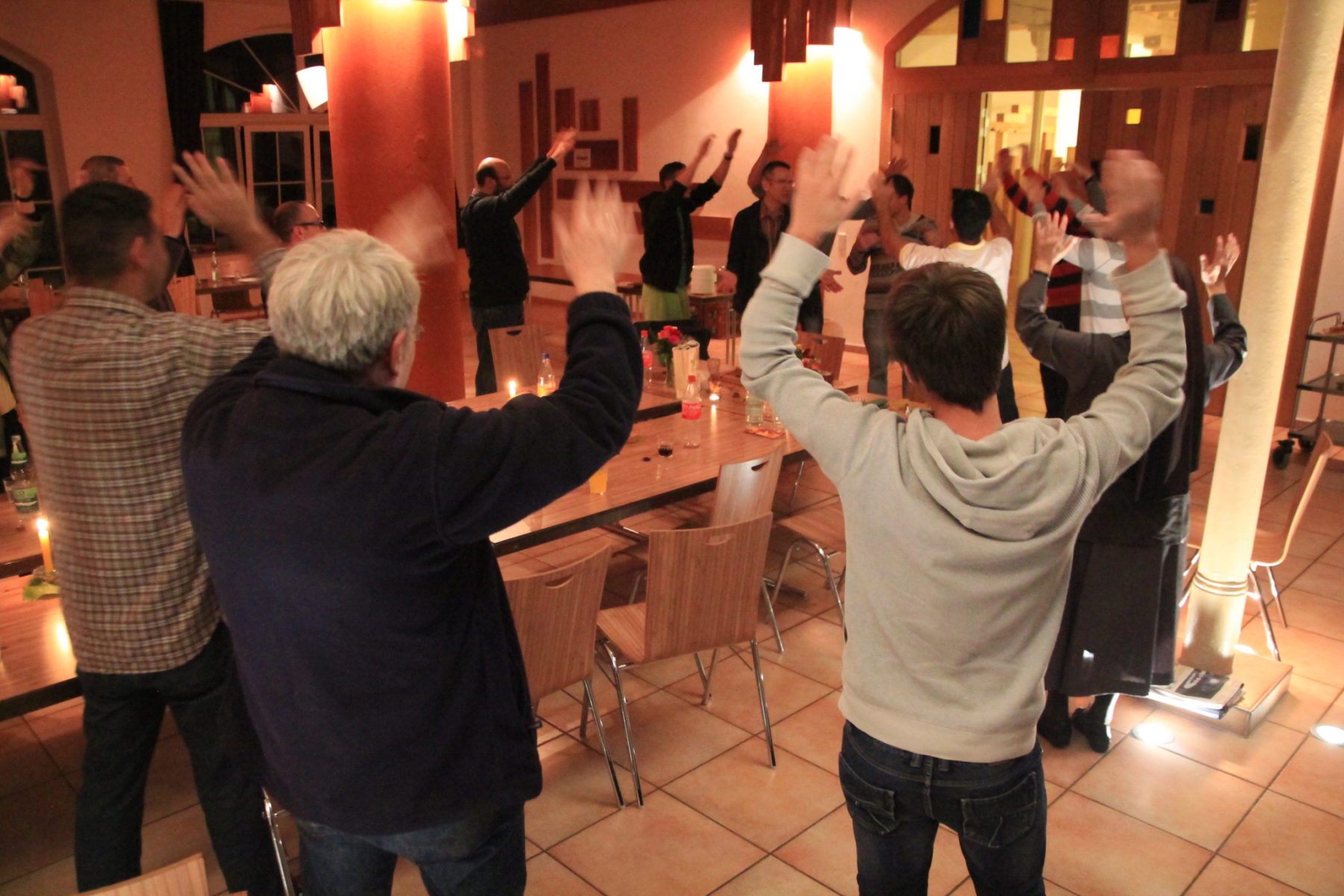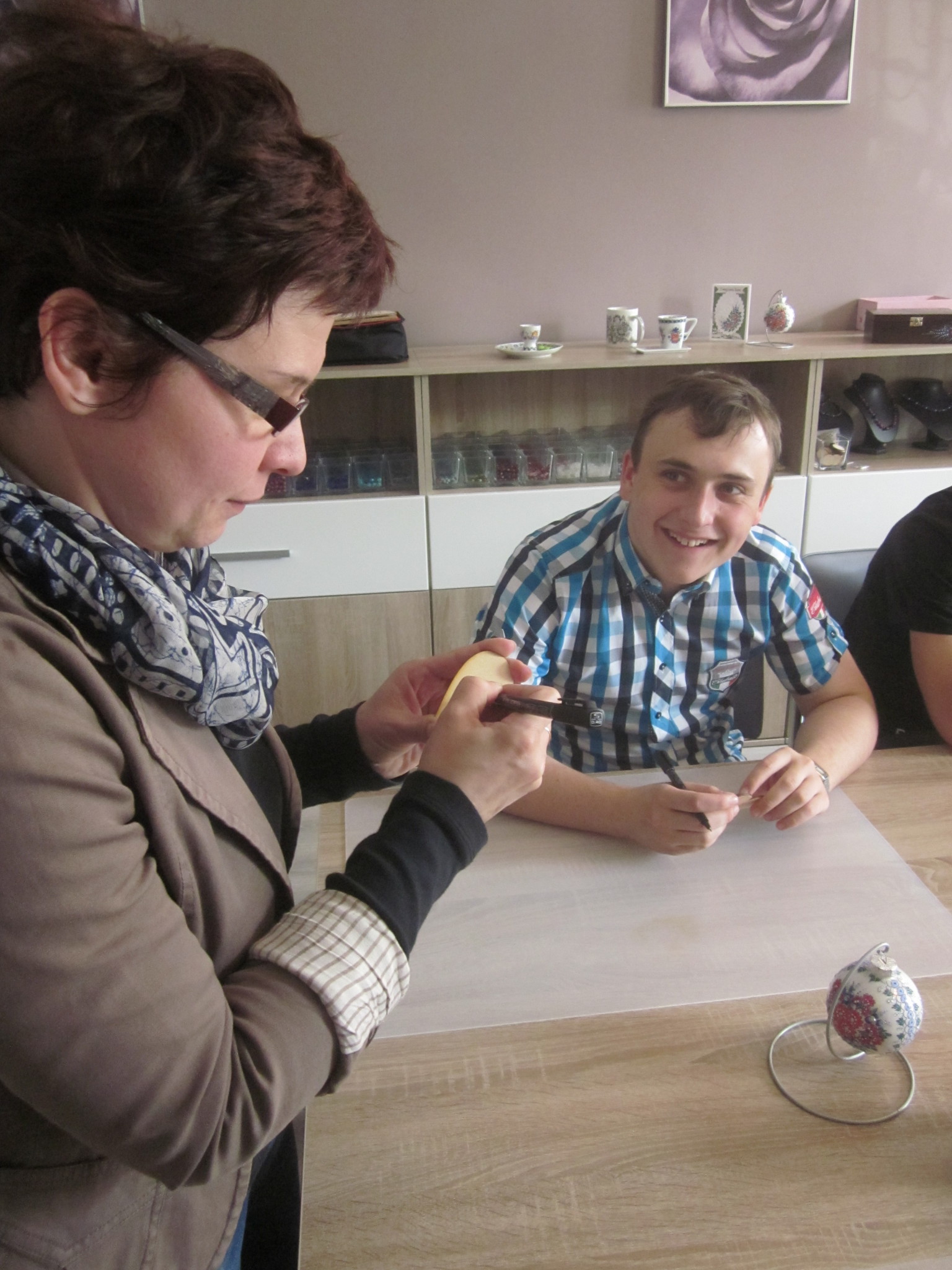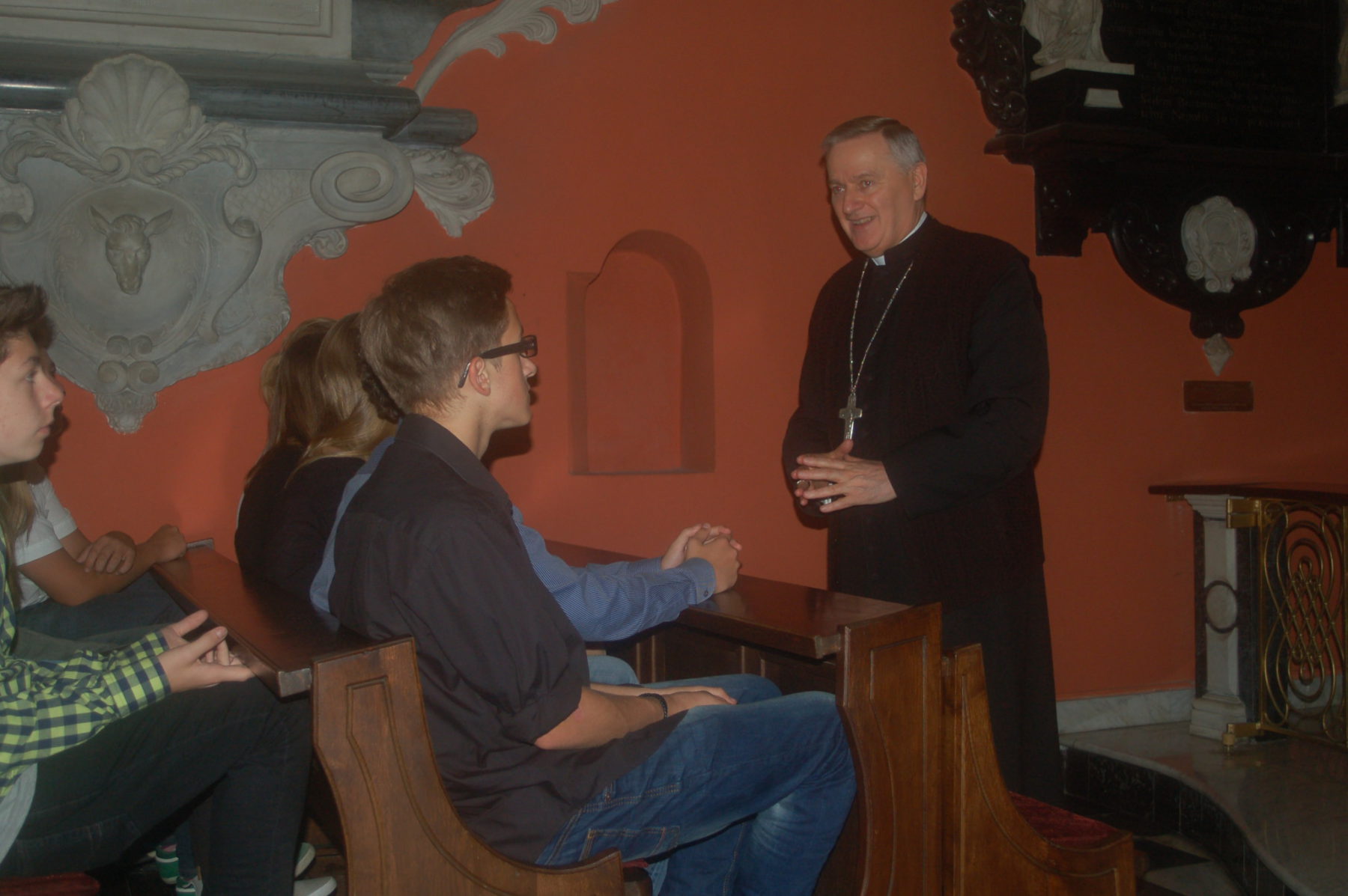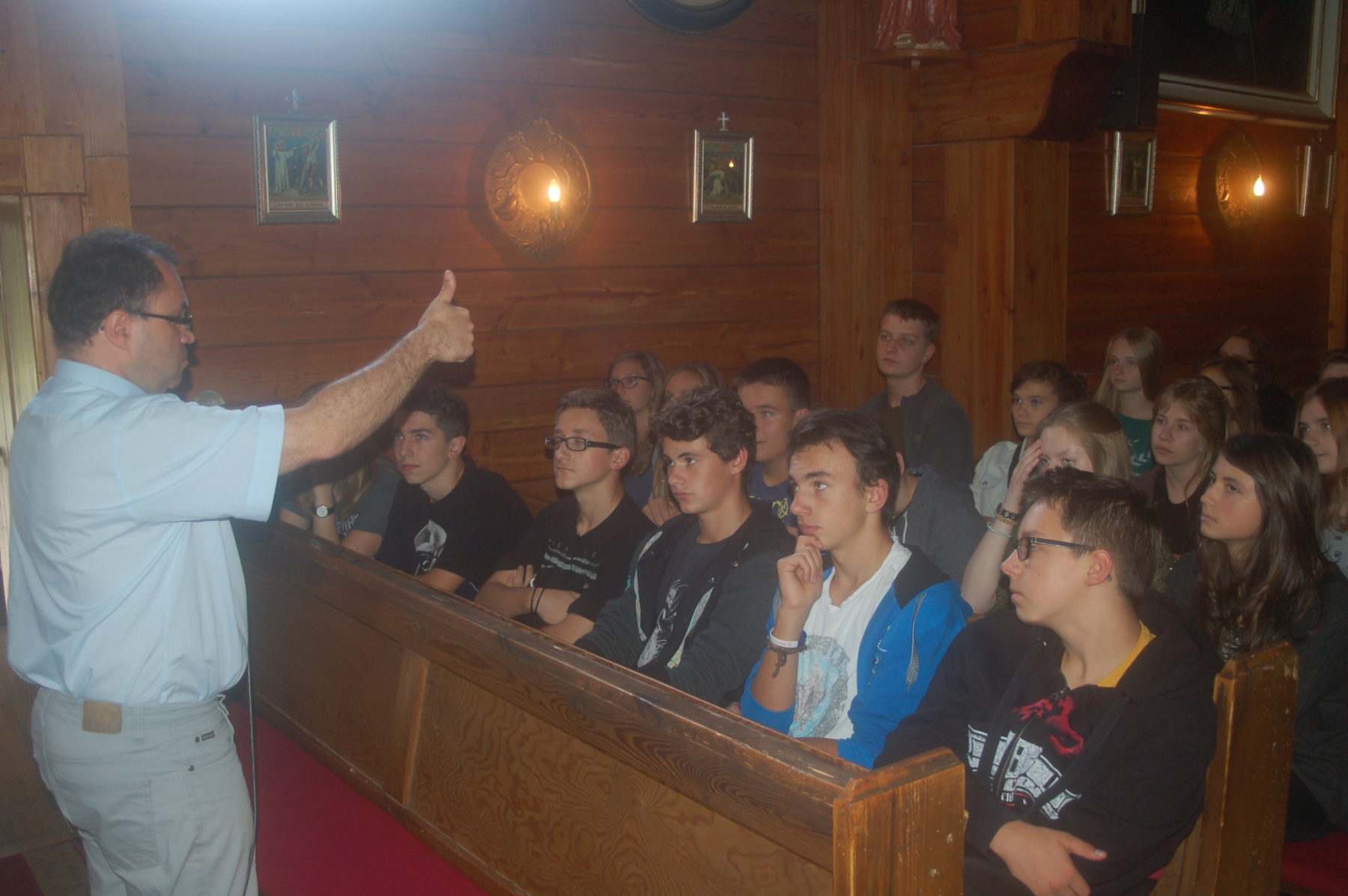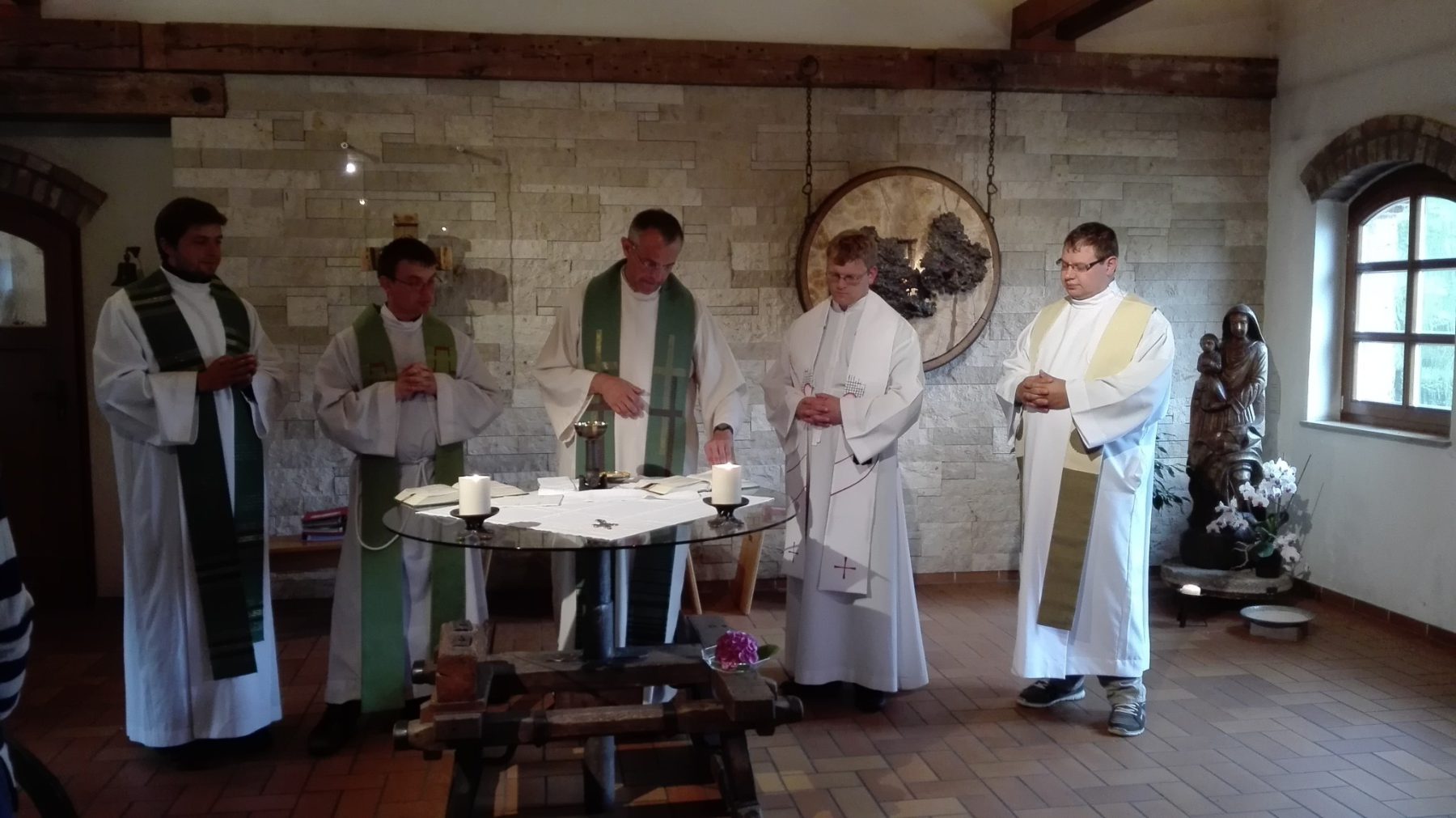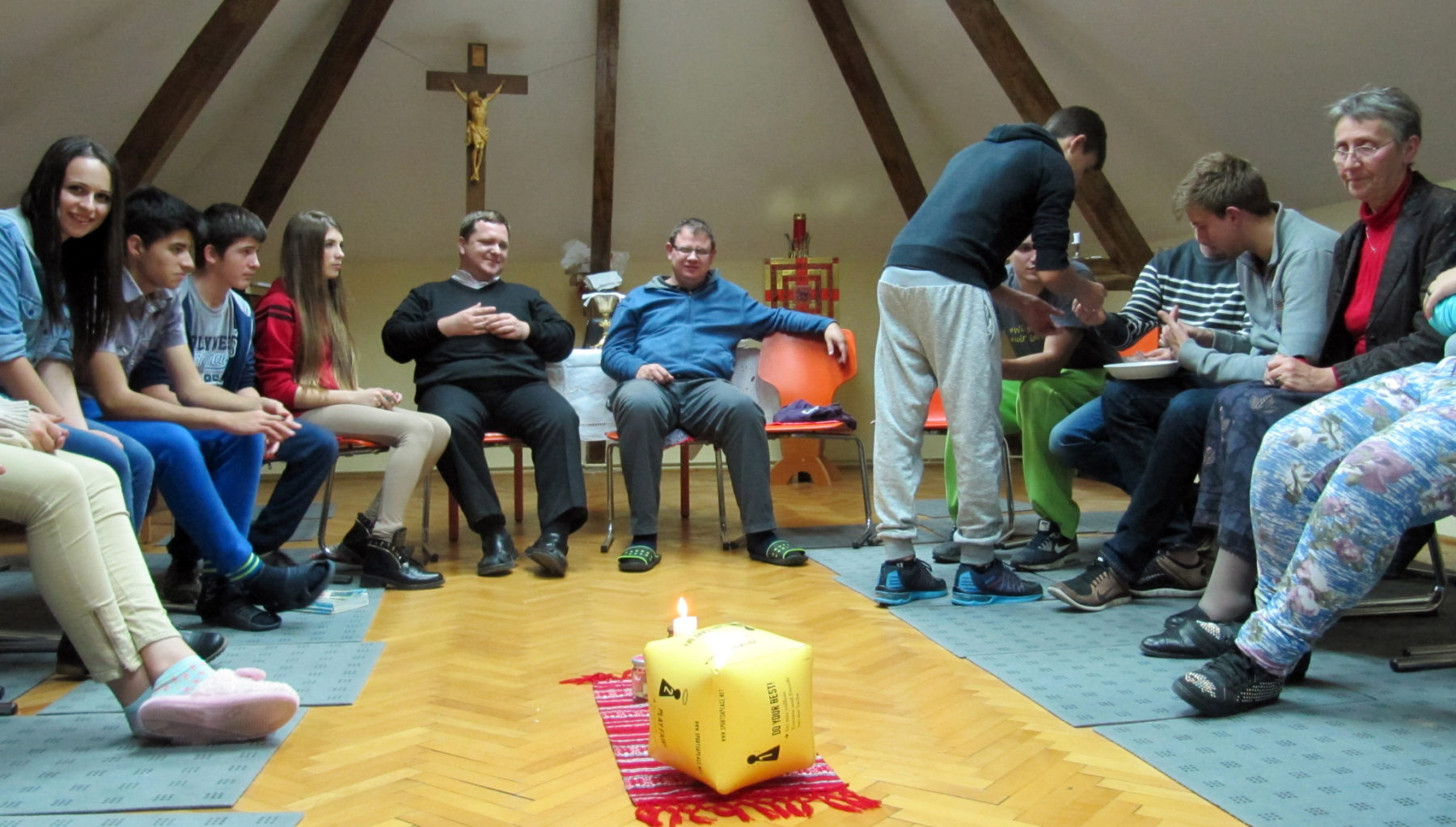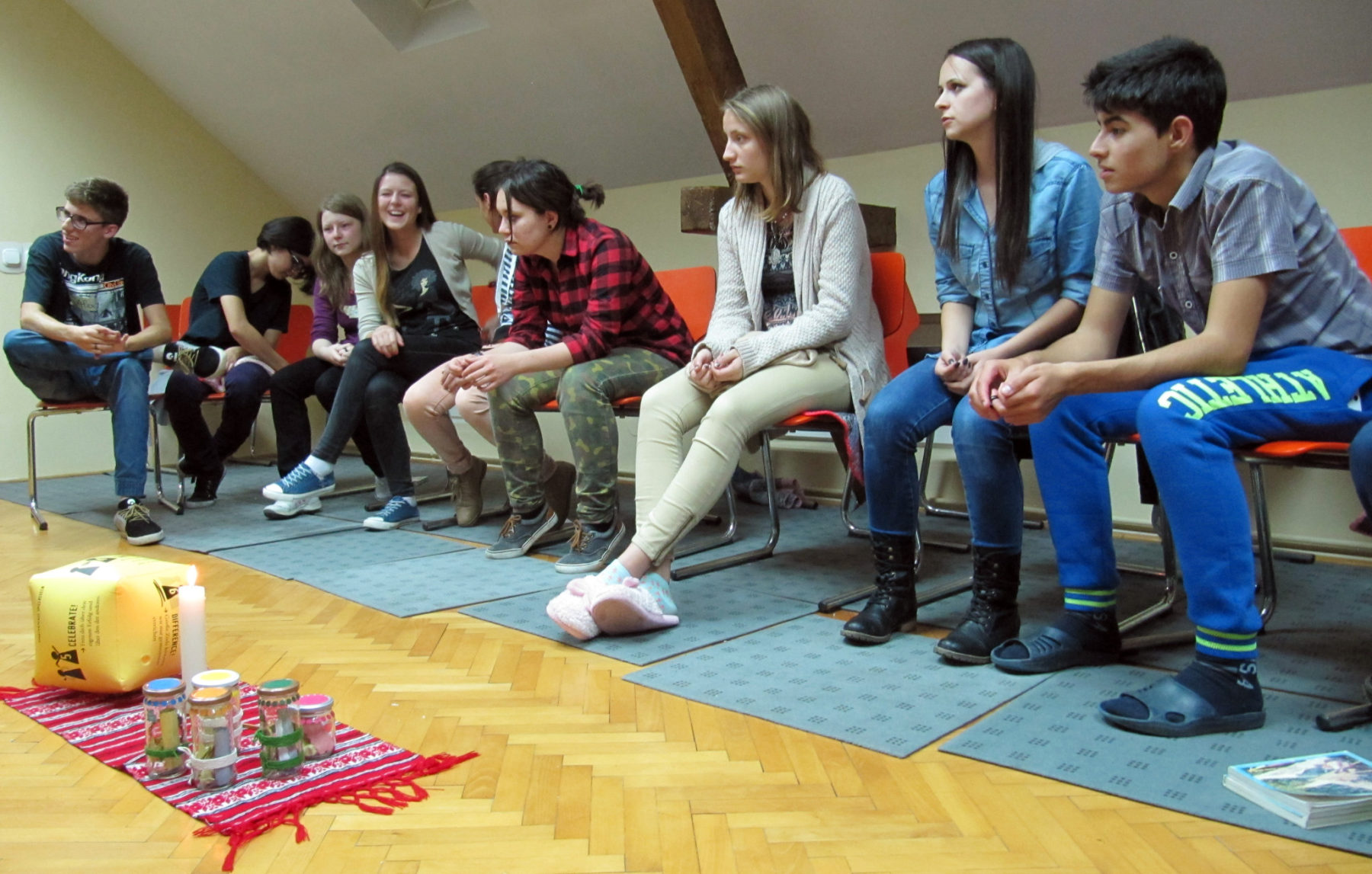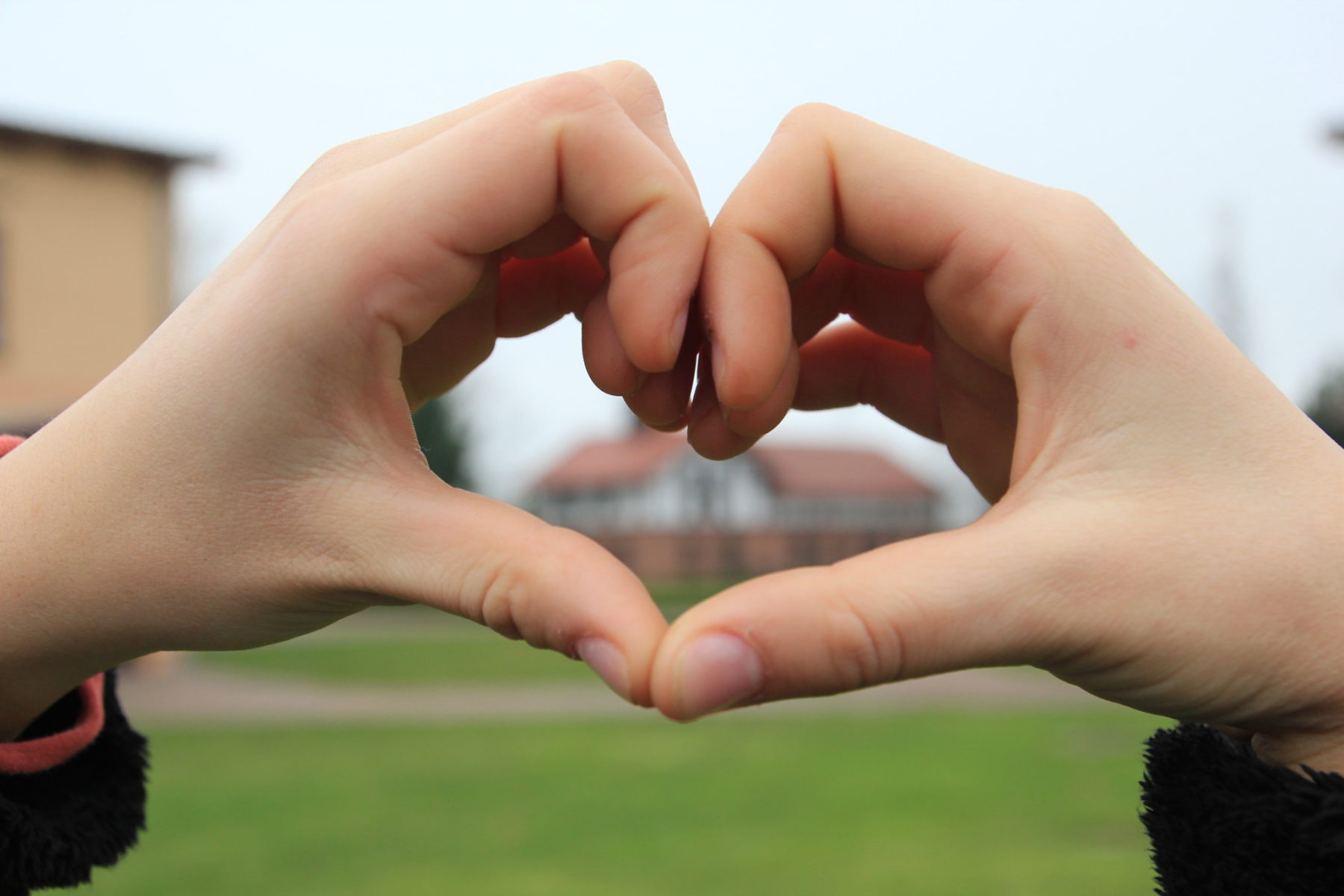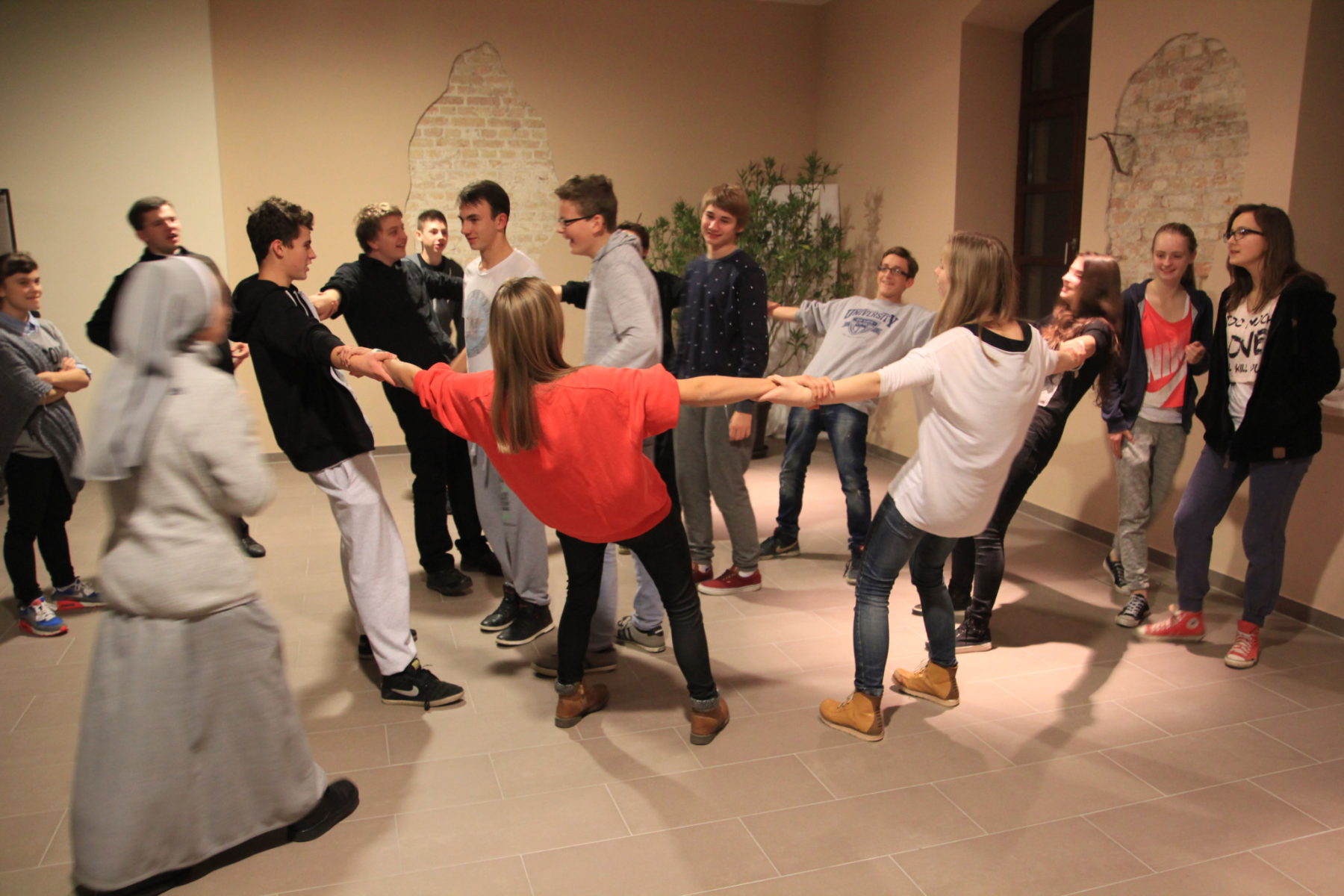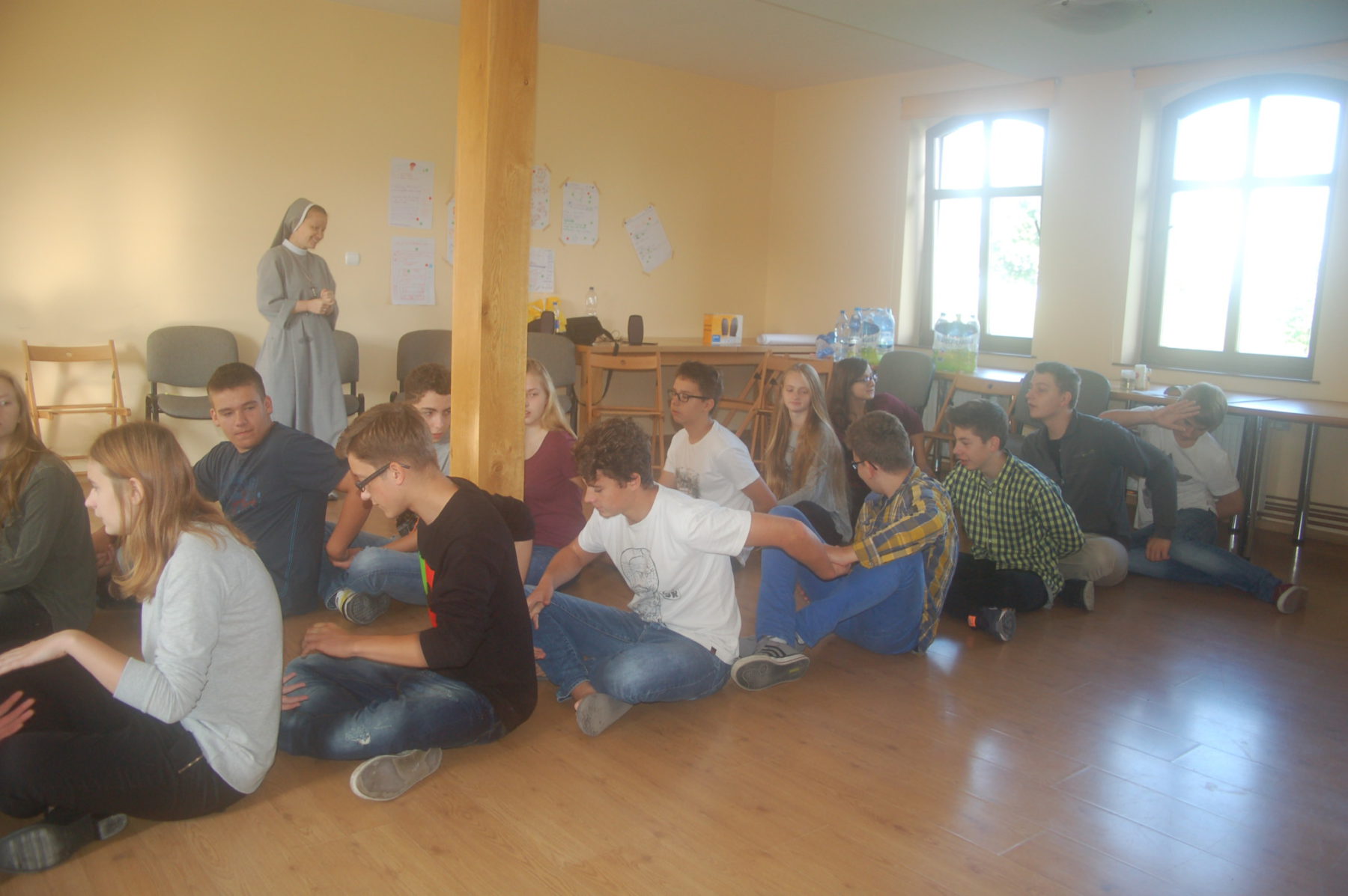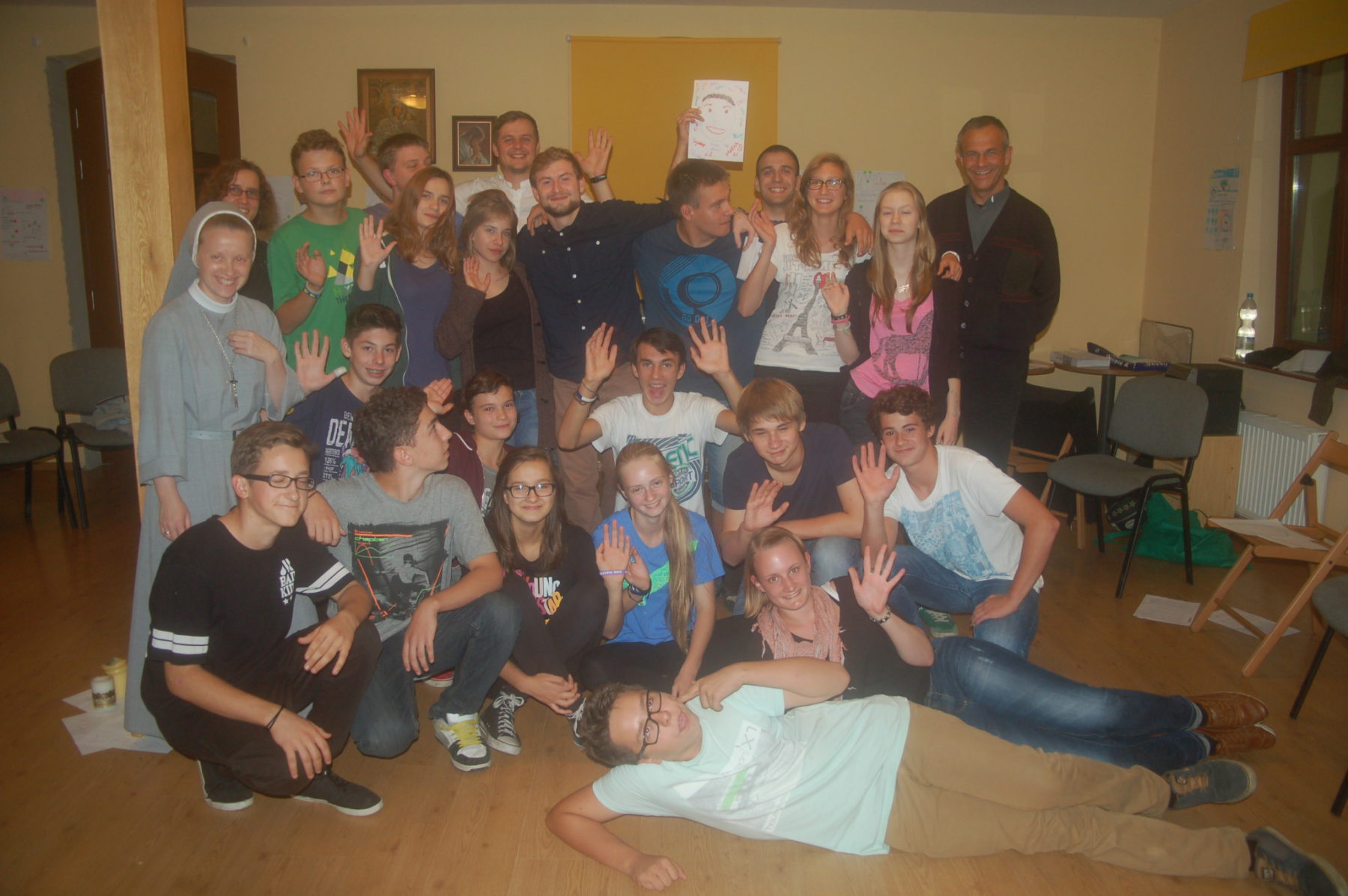How does a project week look like?
Each of our local project weeks is different. But they are connected by three fundamental pillars on which our involvement with the young genereation is based:
- key subject: content-related work on the week’s main topic
- personal encounter on site: contact and exchange with persons affected by social challenges
- reflexion and spirituality: personal and spiritual recourse
Every day starts with a joint impulse. The tried and tested Sport4Peace dice offers a daily motto which leads through the day and the days‘ end with a joint reflection.
-
The Key subjects
Every day is structured in different units, during which the students deal with selected social and ecological challenges of their home countries. At the beginning they explain the situation they experience in their personal environment. Afterwards, they go deeper into the subject and try to find solutions through different methods. The active participation is promoted continuously. Through experiential- educational exercises the participants get sensitized for the situation of persons affected by social problems. This creates a reference to their own daily lives.
-
Personal encounter on site
Instead of sole knowledge transfer the mutual exchange, conversations and experiences constitute the center of the day. The projects are not only about meeting people affected, but about getting a personal and existential access to the subject itself. While getting in contact with children, elderly or disabled persons, outcasts or discriminated people, the students have to reflect on their own way of life as well as their attitudes. This way they develop new perspectives of life in general and people surrounding them. The direct contact with those individuals allows them to reduce fear and prejudices. During the project, the students learn how effortless it can be to bring joy and happiness into other people’s lives– and also to receive something in return. This constitutes a moving experience for a lot of young people.
-
Reflection and spirituality
The daily inpulses in the morning and their evaluation in the evening are important for the students in terms of reflecting the impressions of the day and to implement them into their daily lives. Members of the “family of hope” of the Fazenda da Esperança talk about their impressive life experiences, introducing a daily motto, based on the sports4peace dice, which leads through the day. Slogans like “Take care of” or “Play fair” and their foundation in the scripture enable the youth to sharpen their view on the lived love of God and their neighbour and allows a pragmatical access to faith in community, which is also expressed in joint prayer.









